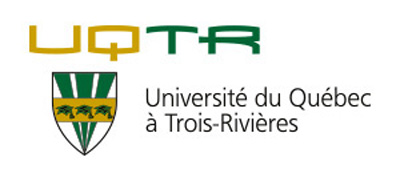Related projects
Discover more projects across a range of sectors and discipline — from AI to cleantech to social innovation.
Mitacs brings innovation to more people in more places across Canada and around the world.
Learn MoreWe work closely with businesses, researchers, and governments to create new pathways to innovation.
Learn MoreNo matter the size of your budget or scope of your research, Mitacs can help you turn ideas into impact.
Learn MoreThe Mitacs Entrepreneur Awards and the Mitacs Awards celebrate inspiring entrepreneurs and innovators who are galvanizing cutting-edge research across Canada.
Learn MoreDiscover the people, the ideas, the projects, and the partnerships that are making news, and creating meaningful impact across the Canadian innovation ecosystem.
Learn MorePelvic Organ Prolapse (POP) is a condition 1 in every 10 women is diagnosed with. The current non-surgical treatment for POP is an intravaginal device called pessary which has a 40% failure rate as its shape is not fitted to the female anatomy. Poor pessary design and performance arises from the limited data that is studied on the pelvic anatomy. The current research project will study available imaging data using Machine Learning algorithms to facilitate and automate the process for assessing and treating POP. The obtained outcome will be used to design a pessary that can be customized for each patient. This information will be incorporated in the POP assessments that FemTherapeutics perform in a clinical setting for an improved prolapse treatment .
Thomas Fevens
Negin Ashouri
FemTherapeutics Inc.
Engineering - computer / electrical
Health care and social assistance
Concordia University
Discover more projects across a range of sectors and discipline — from AI to cleantech to social innovation.
Find the perfect opportunity to put your academic skills and knowledge into practice!
Find ProjectsThe strong support from governments across Canada, international partners, universities, colleges, companies, and community organizations has enabled Mitacs to focus on the core idea that talent and partnerships power innovation — and innovation creates a better future.













































































































































































































































































































